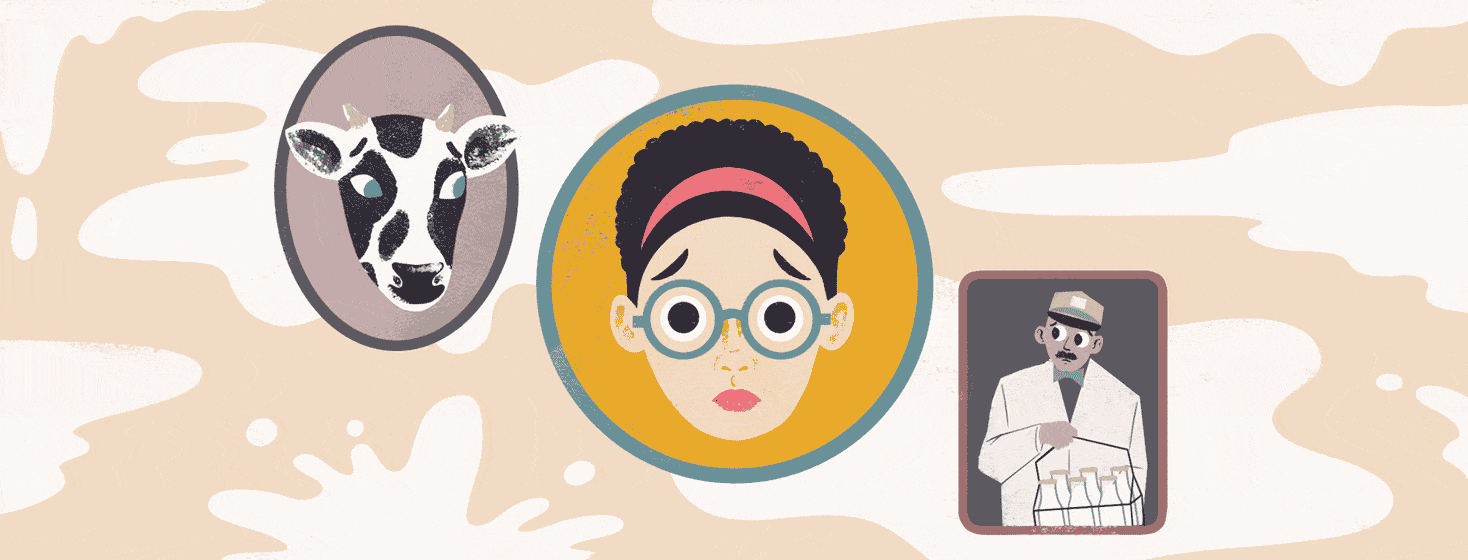Elimination Diets
Elimination diets involve eliminating certain foods from your diet while tracking how these changes impact your health.
One element that can help you assess the effectiveness of your elimination diet protocol is keeping a food diary. This involves keeping a notebook wherein you record the date, what you consumed, and what your symptoms were. The goal is to be able to look back later and uncover patterns that developed over time.
Featured Forum
View all responsesHow do elimination diets work?
For instance, you might eliminate Food A and B one week, A and C another week, B and C a third week, and C alone a fourth week. After you've collected enough data, you might find that eliminating A and C, B and C, and C alone all make you feel the best, but that eliminating A and B makes you feel worse. From this, you might conclude that you should continue eating A and B, but should stay away from C since it is a trigger food.
By following such a protocol you might eventually be able to identify several trigger foods that give you problems and others you can more easily digest. The goal of all this is to find the optimal diet that will benefit your overall health.
Trying elimination diets for Crohn's
I have been experimenting with elimination diets for years. Some I've tried include a gluten elimination diet, a sugar-free diet, a fat-free diet, a diet eliminating certain elements such as spice or dairy, and even a liquid diet.
After all this experimenting I reached some firm conclusions: what seems to work best for me is cutting out spicy food, excess caffeine, large quantities of raw fruits and veggies, brown rice or oat bran, alcohol, and most importantly, beef and dairy products.
Eliminating beef and dairy has been most beneficial for me. My flares are way more infrequent and I have gained a considerable amount of weight. My face no longer looks jaundiced and I've mostly been in remission for years.
Eliminating my IBD triggers: beef & dairy
I believe eliminating beef and dairy is so important because these are sources of a kind of bacteria called MAP bacteria.1 Although controversial, there is some interesting evidence that supports the MAP bacteria hypothesis of Crohn's disease, which links the two.2
What is more, there is even a MAP vaccine in trials in the U.K. right now that I believe could have a huge impact on our condition.3 But even if skeptical that these bacteria, often found in cattle, are the root cause of immune dysfunction in Crohn's disease, there is no doubt that dairy fat and beef fat can often be triggers for many Crohn’s patients.
Dairy, frankly, is often hard to digest. My father, for example, who doesn’t have any bowel disorder, cannot eat dinner without first taking Lactaid. This is rather common. Hence, cutting out dairy and beef, to me, seemed a safe bet.
Every Crohn's patient (and diet) is different
That said, it is quite possible, likely even, that there are different diets that will work better for other Crohn’s patients. We all respond in unique ways to various foods.
Indeed, there are some theories now that there really isn't one Crohn's disease, so much as several different diseases or Crohn's subtypes grouped under one heading. These are Ileocolitis, Ileitis, Gastroduodenal Crohn’s disease, Jejunoileitis, and Crohn’s colitis.4
What doctors tell me is that in the future there may be other ways of breaking down the various subtypes of Crohn’s. Regardless, because Crohn’s is so complex, and our dietary triggers are all a bit different, an elimination diet can be a tremendously powerful tool.
I hope you consider an elimination diet. It certainly has helped me feel better and enjoy my life more. Thanks for reading and, as always, feel free to comment below.

Join the conversation